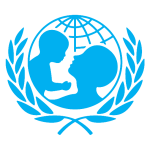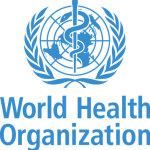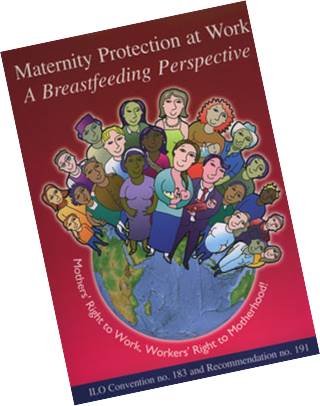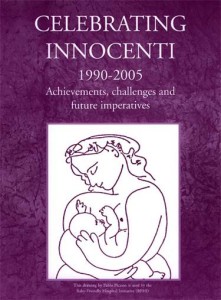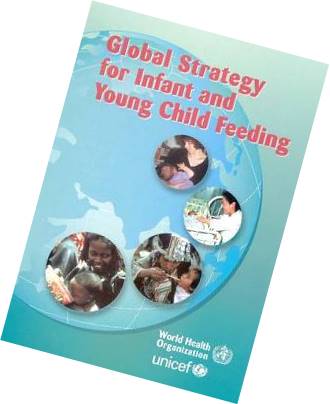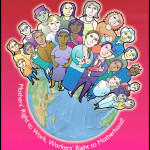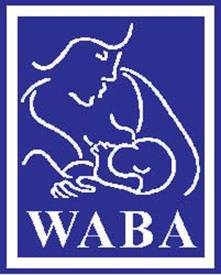

WABA and UNICEF HQ, New York are to collaborate in a symposium in order to galvanise wider and deeper commitment to protect, promote and support breastfeeding in the context of women’s work. Breastfeeding rates have been relatively stagnant over the last decade. One of the main challenges to optimal breastfeeding practices is the fact that women have to return to work without adequate maternity protection. As mentioned by Guy Ryder, ILO Director-General, 2015, “despite some progress, globally more than 800 million women workers, or 41% still do not have adequate maternity protection and take-up rates among men of parental leave are low. Could we not design maternity protection and work-family policies that are more inclusive and supportive of gender equality?”
Anniversaries and events
This year 2015 offers the breastfeeding movement and its allies an unprecedented number of events and significant anniversaries. The planned symposium will highlight several of the anniversaries and events mentioned below.
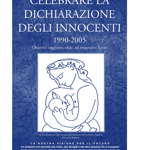
1n 2005, Innocenti+15, was celebrated with a two-day gathering in Florence, Italy and gave an opportunity to review progress and redouble efforts. Innocenti+25 is an opportunity to set new priorities and contemporary directions. An Innocenti+25 event should reference the original declaration, but attempt to augment this possibly with a new declaration to address contemporary challenges and offer opportunities for coordinated and concerted action. Of the four operational targets set out in the Innocenti Declaration, the one relating to breastfeeding rights of working women and means for its enforcement has arguably seen the least progress. In the 15 years since ILO Convention 183 on Maternity Protection was adopted, only 29 countries have ratified it to date.
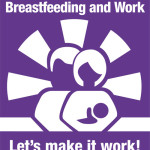
Maternity Protection is the overarching theme of World Breastfeeding Week 2015:
Breastfeeding and Work – Let’s Make it Work. Women’s participation in economic activity is a key development driver, but this is predicated on addressing gender inequalities. Maternity protection is a first but necessary step. WABA would also like to celebrate World Breastfeeding Week as an established vehicle for social mobilization and lay the foundations for a longer term campaign on the 2015 theme. Although World Breastfeeding Week is mainly celebrated in the first week of August, several countries celebrate it in other times of the year. For example many European countries celebrate it in October.
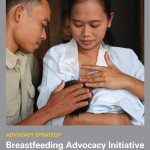
The Breastfeeding Advocacy Initiative was launched in 2014 by UNICEF and WHO, and has more than a dozen other signatories. The Initiative’s mission is to galvanize political, financial and social support to scale up breastfeeding programmes and to encourage adoption of supportive legal instruments and policies at the global, regional and country levels within the broader development, humanitarian and human rights agendas, thus accelerating progress to meet or exceed the WHA global target calling for an increase in the rate of exclusive breastfeeding to at least 50 per cent by 2025. WABA is one of the signatories of the Initiative.
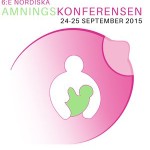
This conference is taking place in Stockholm during 24-25th September 2015. The conference has three themes, Human Rights, Public Health and Continuum of Care. About 250 participants from a variety of countries and sectors will attend. The WABA-UNICEF Stockholm Symposium will immediately follow this conference and invite a few experts from the Nordic countries to share their experiences of implementation of maternity and parental leave policies. A further aim is to re-connect the Nordic countries with the global breastfeeding movement.
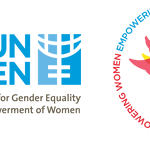
WABA along with ILCA, ABM and 1,000 Days, advocated for the inclusion of breastfeeding in the discussions at the Commission on the Status of Women (CSW59) in March 2015. The Beijing+20 report also mentioned the issues surrounding Women & Economy and in its “Moving forward: Priorities for future action and accelerated implementation”. Issues addressed include the minimum wage, maternity and paternity benefits and extension of social protection, equal sharing of unpaid domestic and care work and macroeconomic policies.
The SDGs will be launched at the United Nations General Assembly in September 2015. Although, there is no consensus about the inclusion of an indicator for breastfeeding at the time of writing this note, breastfeeding is crucial for the attainment of the SDGs.










